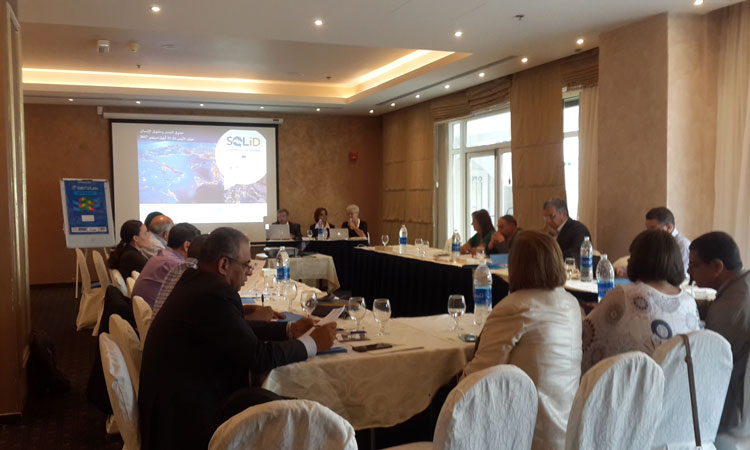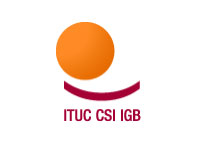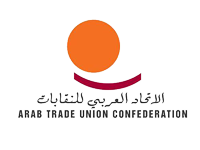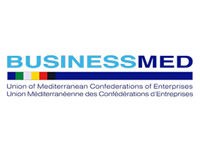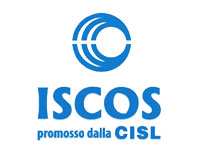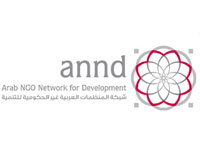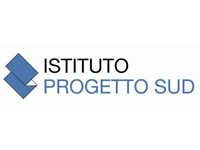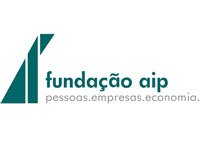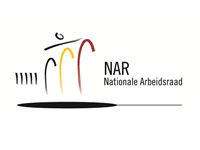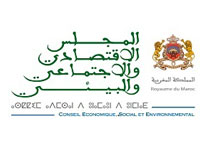In the context of the SOLiD project, the Arab NGO Network for Development organized a regional expert workshopin Jordan on “Human and Labour Rights”. It was held in collaboration with the Jordanian Women’s Union, it aimed to open a discussion on the rights-based approach to labor issues, especially in the context of the interlinkages and connectedness of both sets of rights (human and labour rights) in Jordan, Morocco and Tunisia.The workshop also aimed at highlighting critical issues that CSOs can take on in order to enhance workers’ rights, as well as coming up with recommendations and positions to propose it to prospective social dialogue meetings.
The regional meeting in Jordan was held at Cham Palace hotel, on 23 and 24 September 2017. It gathered a group of experts as well as CSO representatives from Jordan, Morocco and Tunisia, and experts from other countries, to share their views and experiences, for a total of 22 participants.
The meeting was divided into 5 sessions in addition to an opening and concluding session. The opening session featured the presence of the Human Rights Coordinator of the Jordanian Government who stressed on the importance of CSO efforts in Jordan and the Arab world, he also affirmed the Jordanian Government’s commitment to secure an enabling environment for CSOs.
The first session aimed to lay forward the general framework in the region in order to guide the sessions to follow throughout the workshop. First, Dr. HafizaChoukeir from the Arab Institute of Human Rights and Dr. Hatem Kotraen talked on the relation between labour rights and human rights. She affirmed that all fundamental Human Rights Conventions and Treaties featured labor rights as part of basic human rights as well as general socio-economic rights. Then, she went over the constitutions of the three concerned countries highlighting the featured labor rights and the existing gaps. Finally, Dr. AzzaSoleiman discussed the issue of special economic zones, with a special focus on the experience in Lebanon and the suspension of labour rights that are instituted within these zones.
The second session touched on the issue of equality and non-discrimination at work. It discussed the different forms of discrimination at work , such as gender-based discrimination as well as disability. In this regard, AsmaaKhodr, from the institute of women solidarity in Jordan, explained gender-based discrimination at work in Jordan. She explained explicit and implicit discrimination that affect women in Jordan’s labor market based on her CSO’s work. Furthermore, Ms. ShazaAbouSrour, representative of Christian Youth Association in Palestine, addressed the issue of accessibility for people with disability as well as the discrimination at work, and the lack of union or civil society efforts to integrate their concerns into their priorities.
The third session, addressed social protection issues in Jordan, Morocco and Tunisia. Ahmad Awad from the Phoenix center in Jordan portrayed the situation of social protection and social security system in Jordan, and highlighted its main shortfalls, especially its failure to cover informal workers. Mohamad Belghith presented the social protection system in Tunisia and its amendments and evolution as compared to before the revolution in 2010. Finally, FaouziBoukhris addressed the pitfalls of the social protection system in Morocco.
The fourth session discussed the issue of informal labour in the region and the three countries in question. Nabil Abdo, from the Arab NGO Network for Development, explained the reasons behind the rising informality in the world and addressed the socio-economic policies adopted in the region that fueled informal labour. Furthermore he stressed that universal social protection and organizing are main tools that enhance the protection of informal workers. Ahmad Awad, Mohamad Belghith and FawziBoukhris, addressed the specific issues face by workers in the informal economy respectively in Jordan, Tunisia and Morocco
The fifth session focused on the right to association and the enabling environment for CSOs and TUs to function properly and engage in the dialogue process. It included a presentation of the situation of organizing by Dr. Yousri Mostafa from Egypt, author of ANND’s recent report on the Enabling Environment for CSOs in the Arab Region. He was followed by a presentation of the right to organize for Trade Unions, presented by Abdel Salam Nusairi from UGTT and the right of CSOs to organize presented by Samira al-Rayes from EspaceAssociatif from Morocco.
Conclusions:
The participants agreed on the following issues to be addressed in the prospective social dialogue sessions to be conducted with the government, trade unions and employers’ organizations:
1) The ratification and application of ILO core conventions, especially Convention 87 on the right to organize
2) Eliminate explicit and implicit discrimination towards women in labour legislations
3) Eliminate explicit and implicit discrimination towards people with disability in labour legislations
4) Establish universal social protection systems for all people regardless of their status in the labour market.


